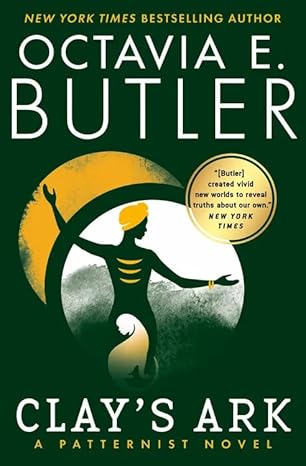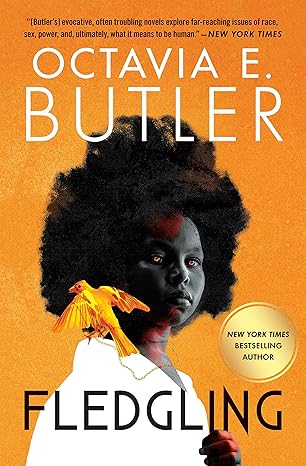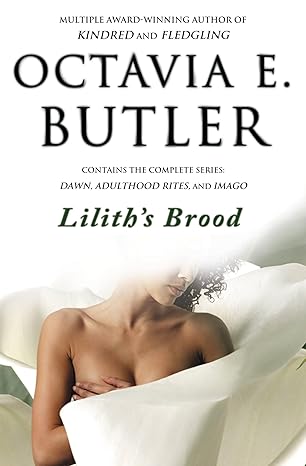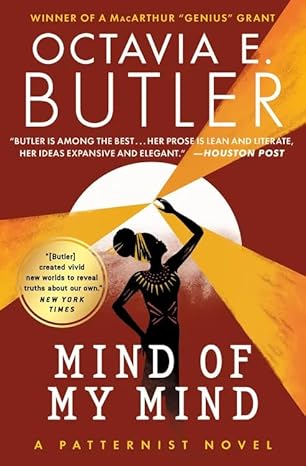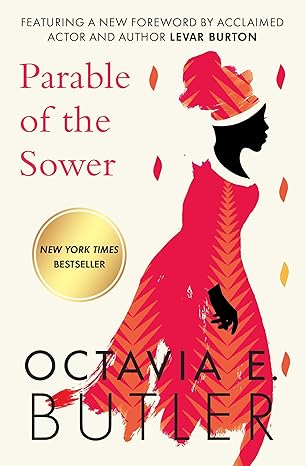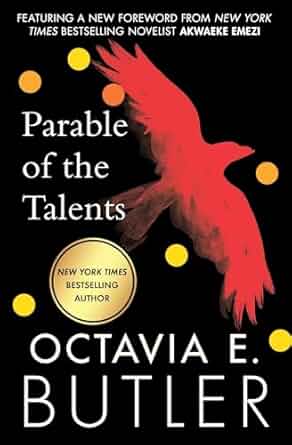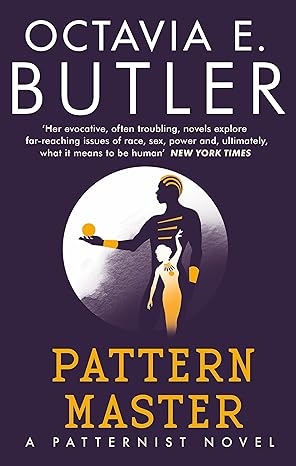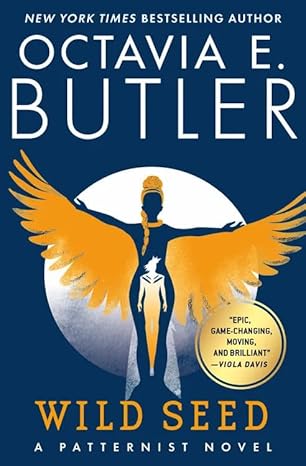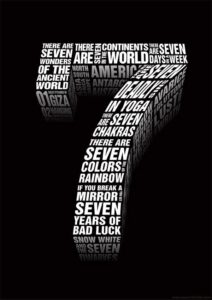The Literary Legacy of Octavia Butler
The late Octavia Estelle Butler grew up in a world that often tried to mentally, physically, and spiritually limit her, but she refused to be confined. The child of Laurice James Butler and Octavia Margaret Guy, given her mother’s first name, was born on June 22, 1947 in Pasadena, California. Octavia’s father passed away when she was 7 years old. After her father’s death Octavia continued to be raised by her mother and her grandmother in a racially segregated neighborhood. Although her early life was marked by racism, and financial hardship, she found her escape out of those struggles through storytelling.

A shy, dyslexic child who was often lost in daydreams, Octavia discovered science fiction at age 12 after watching the laughably bad movie Devil Girl From Mars. Her reaction? “I can write something better.” And she did.
“All that you Change, Changes you.
The only lasting truth Is Change.”
Even as a young girl, Octavia was sharp enough to detect and critique the racist tropes she watched in Tarzan films, which later fueled her determination to write stories where Black women were the heroes, not sidekicks, not stereotypes, but leaders, survivors, and architects of the future.
She passed away on February 24, 2006 after a fall that some think was possibly the result of a stroke. She was a resident of Seattle at the time of her passing where she had been living since 1999.
Breaking Barriers
Science fiction was a genre dominated by white men when Octavia began writing. But she carved her own path, becoming the first Black woman to achieve widespread acclaim in sci-fi. Her work wasn’t just about aliens and futuristic tech, she used her art to explore themes of survival, dystopia, human evolution, and survival.
Butler centered Black characters in futures where they weren’t just present but shaping destiny. Her stories questioned who holds power and why, challenging systems of oppression. She didn’t just imagine new worlds; she engineered them with terrifying plausibility.
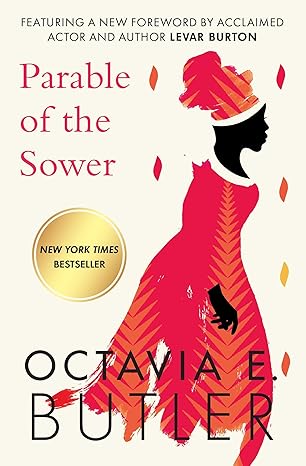
Summary of Literary Works
Parable Series (1993 – 1998) A Prophetic Warning
Parable of the Sower (1993) follows Lauren Olamina, a young Black woman with hyper-empathy, as she builds a new faith (Earthseed) amid climate collapse and corporate greed.
Parable of the Talents (1998) predicts religious fascism and mass surveillance; so accurate it’s chilling.
Patternist Series (1976 – 1984) – Where Immortality Meets Power
Wild Seed (1980) introduces Doro and Anyanwu, two immortal Africans locked in a battle of wills. One a predator, the other a healer. A gripping exploration of agency, survival, and what it means to be human.
Kindred (1979) – A Harrowing Journey Through Time. A Black woman in 1976 named Dana, is yanked back to a Maryland plantation whenever her white ancestor’s life is in danger. More than sci-fi, this is a brutal, necessary confrontation with slavery’s trauma.
Xenogenesis Trilogy (1987 – 1989) Survival at What Cost?
After nuclear war, the Oankali offer humanity a choice: merge with them or face extinction. Dawn (1987) forces us to ask: Is survival worth losing what makes us human?
Dawn (1987) – One woman is called upon to rebuild the future of humankind after a nuclear war.
Adulthood Rites (1988) – After the near-extinction of the human race, one young man with extraordinary gifts will reveal whether the human race can learn from its past and rebuild their future . . . or is doomed to self-destruction.
Imago (1989)– After the near-extinction of humanity, a new kind of alien-human hybrid must come to terms with their identity — before their powers destroy what is left of humankind.
Final Novel
Fledgling (2005) A Vampire Story Like No Other – Butler’s final novel reimagines vampires through race, genetic engineering, and consent, proving she could reinvent even the most tired tropes.
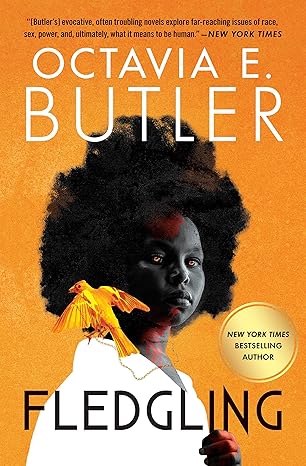
Her Words Still Guide Us
“All that you touch, you change. All that you change, changes you.” – Parable of the Sower
Octavia Butler didn’t just write science fiction, she rewrote the future. And in doing so, she gave us the tools to build a better one.
Bibliography
| Patternmaster (1976) |
| Mind of my Mind (1977) |
| Survivor (1978) |
| Kindred (1979) |
| Wild Seed (1980) |
| Clay’s Ark (1984) |
| Dawn (1987) |
| Adulthood Rites (1988) |
| Imago (1989) |
| Xenogenesis (Hard cover, 1989) |
| Parable of the Sower (1993) |
| Bloodchild and Other Stories (1995) |
| Parable of the Talents (1998) |
| Lilith’s Brood (Trade Paperback, 2000) Fledgling (2022) |
